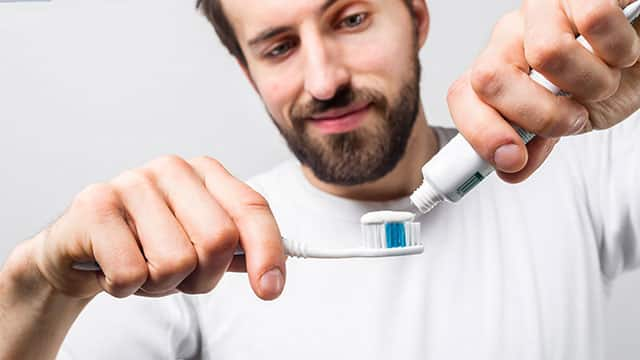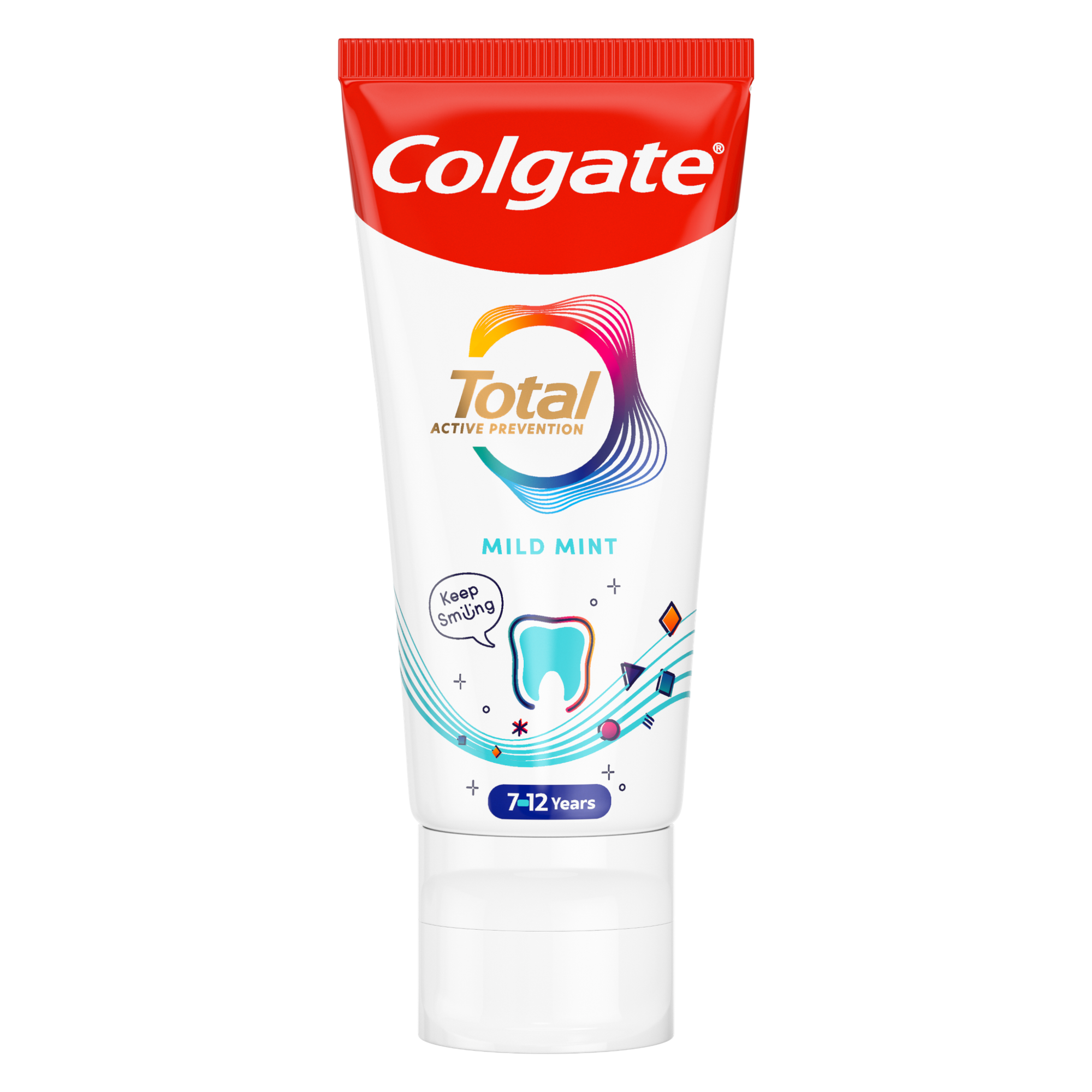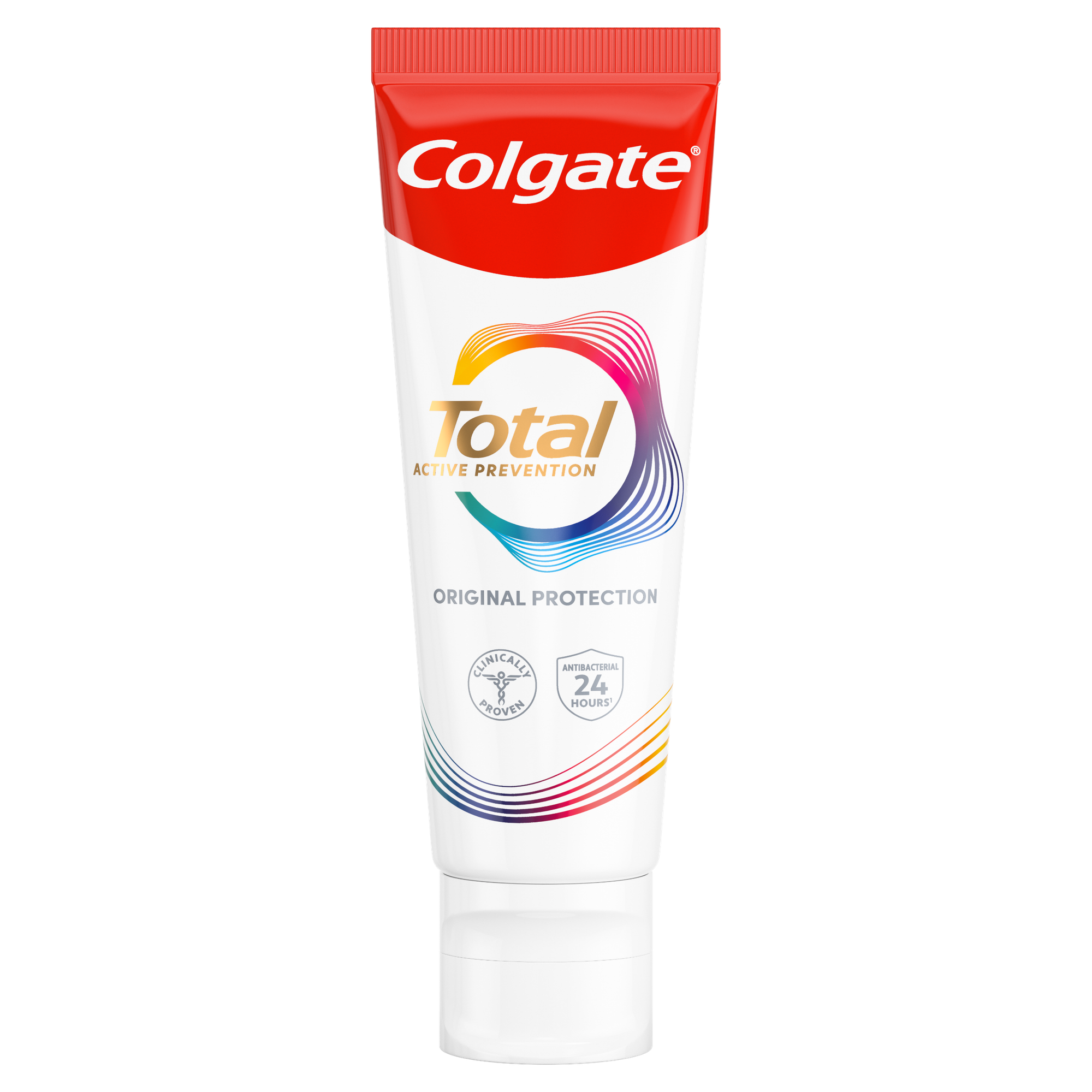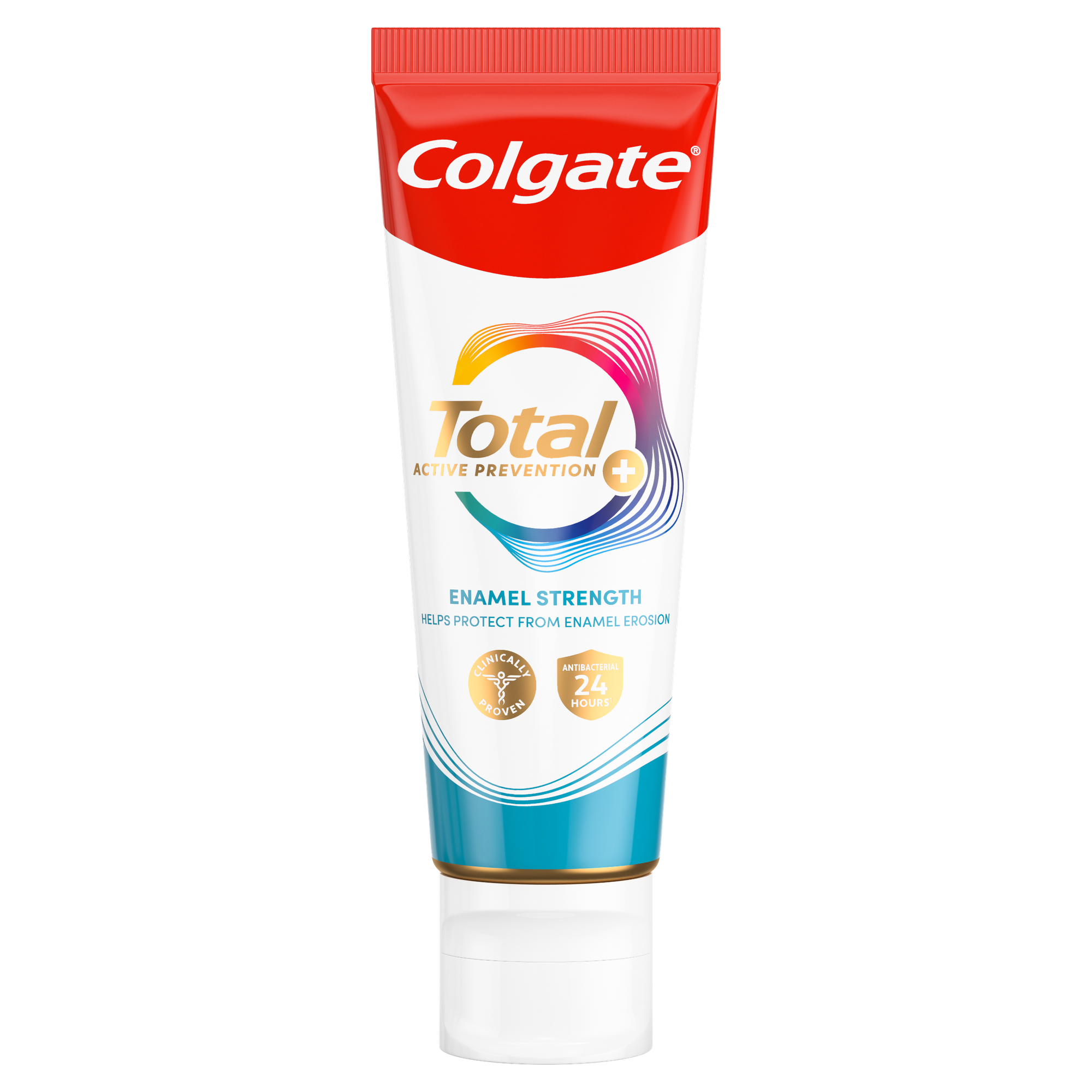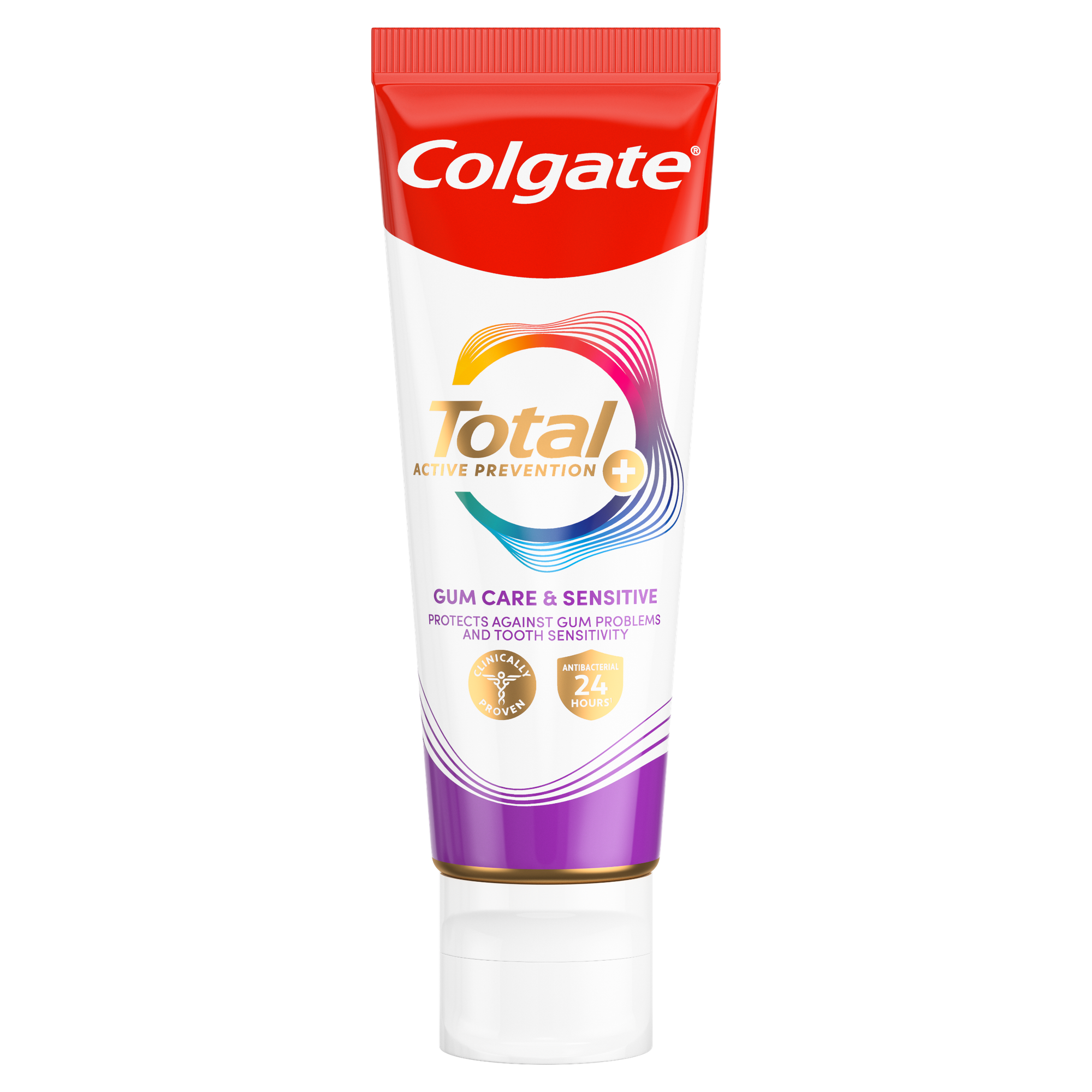What Happens After a Tooth Extraction?
Healing after a tooth extraction passes through three stages. An article in Frontiers in Physiology explains that the first stage is the inflammatory phase. The tissue becomes inflamed, a blood clot forms inside the socket and granulation tissue forms over the wound. New tissue usually replaces the clot around a week after the procedure. Following this process is the proliferative phase, when the wound begins to close. The final stage is the maturation phase. The cells in the site form new structures, bony networks and connective tissue, called collagen, which populates the healing area.
Afterwards, you're likely to experience some swelling and mild discomfort, particularly on the second day, as NHS England explains. Patients can begin to eat normally after a few days and the swelling should be greatly reduced after one week. However, it may take up to two weeks for the swelling to fully disappear. At the two-week mark, you’ll typically visit your dentist again for a post-op check-up. At that time, they’ll assess your healing to make sure you're recovering well.
Wisdom Tooth Extraction Healing Time
The healing time following a wisdom tooth extraction can last up to two weeks, according to the NHS. After removal of these large molar teeth at the back of the mouth, your gums and bone will take some time to fully heal, and the soft tissue may be sensitive for a few weeks. Some patients may experience discomfort for a few days, while others may feel little to no discomfort.
Tips for healing after tooth extraction
After getting a tooth pulled, you’re likely to experience pain and swelling. There may also be some bleeding. While your mouth heals, you must be careful not to dislodge the blood clot or you could experience dry socket. Brush your teeth from the evening of your extraction, but keep your toothbrush away from the wound to begin with, moving closer towards the socket each day. Be careful to avoid vigorous spitting or rinsing.
Don't avoid eating, but choose soft foods and chew on the side of your mouth that is opposite from the extraction site – foods like yoghurt and cottage cheese are good. Avoid smoking or using any tobacco products for at least three days following the procedure.
Home remedies for pain
Many people wonder ‘should I take a day off work after tooth extraction?’ Typically, healing after tooth extraction takes around three to four days, although it can be as long as one week for wisdom teeth. You can usually get back to your normal activities the day after the procedure, however, the NHS advises taking 1-3 days off work if you’ve had a general anaesthetic. Here are some things you can do at home to help healing after tooth extraction:
Ice packs
If your cheek swells up, you should hold a cold pack to the outside of your mouth for 20 minutes, then remove it for 20 minutes. If the swelling carries on for longer than 24 hours after the extraction, use a hot pack in the same way.
Saltwater rinse
24 hours after the extraction, you can try using a saltwater rinse which can help to heal the socket. Put a teaspoon of salt into a glass of warm water (don’t use hot water), gently swish it around your mouth and spit it out. Doing this twice a day for around a week will clean the area and help healing after tooth extraction.
Take pain medication
In the first few days after the extraction, you may need some pain relief. Take any medication your dentist prescribes, or you can buy painkillers or anti-inflammatories over the counter to help with pain and swelling.*
When to see a dentist
If you notice any unusual symptoms like pus discharge, severe pain or a fever, call your dentist right away. Complications such as an infection are rare, but they are possible.
A tooth extraction is traumatic to your mouth, but your body begins the healing process quickly. After a few days, you may even forget you've undergone the dental procedure. Treat the site of the extraction gently and follow your dentist's advice for fast healing and the best outcome.
*Always consult your dentist or doctor before taking any medication.
This article is intended to promote understanding of and knowledge about general oral health topics. It is not intended to be a substitute for professional advice, diagnosis or treatment. Always seek the advice of your dentist or other qualified healthcare provider with any questions you may have regarding a medical condition or treatment.
ORAL HEALTH QUIZ
What's behind your smile?
Take our Oral Health assessment to get the most from your oral care routine
ORAL HEALTH QUIZ
What's behind your smile?
Take our Oral Health assessment to get the most from your oral care routine







